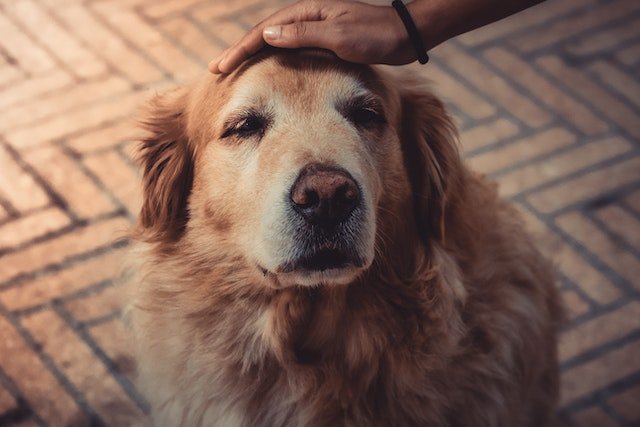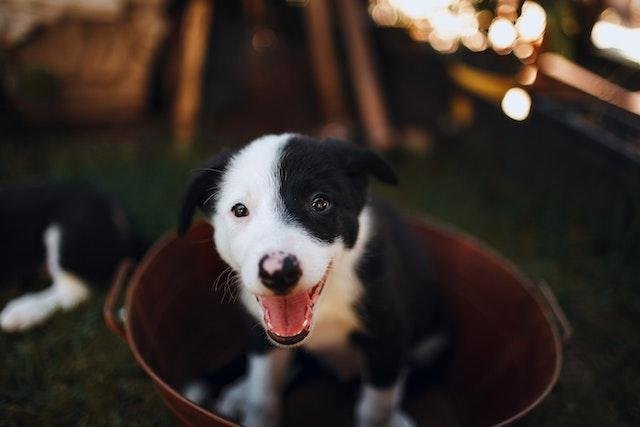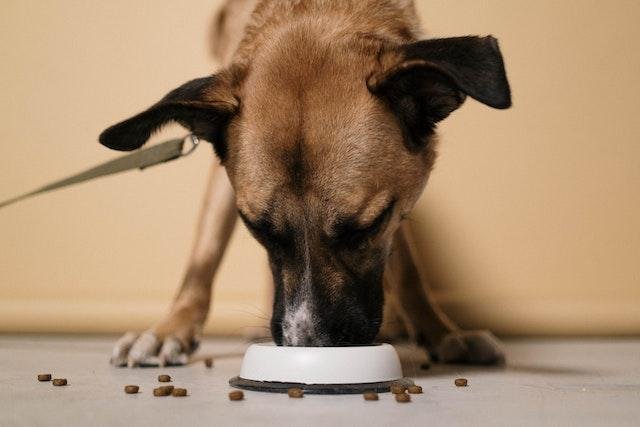
Thinking that your dog has ‘slowed down’ may actually be signs of dog arthritis. Painful and debilitating for your dog, but here are some great tips on how to spot the signs and deal with the problem. Anything that prevents pain and suffering in our dogs is a great thing – my thanks to Christopher During for this excellent article.
Dog arthritis is a disease that seemingly springs up out of nowhere – suddenly your much loved dog is very sore and can be quite inflamed over one or numerous joints. However the arthritis has usually been bubbling away for some time before it becomes so obvious, all the while your dog has been very effectively hiding his pain. Knowing the early signs of dog arthritis will allow you to diagnose and treat your dog much earlier, so keep reading if you would like some tips on dealing with dog arthritis.
How can we spot it?
Dog arthritis in its early stages is very hard to catch because dogs are instinctively driven to hide any pain they are feeling. This is a normal pack response and there is no way around this – they are tough! Hence, when symptoms of the disease become obvious, a dog’s arthritis may have reached a stage where it is difficult to reverse its damaging effects.
However, dog owners are not completely powerless. There certain things you can do to diagnose dog arthritis early and thus prevent the disease from progressing to an advanced stage. Consider the following questions:
- Is your dog six years old or more?
- Is your dog overweight?
- Did your dog have any previous injury that has affected his movement?
- Does your dog have any orthopedic conditions such as hip dysplasia?
If you answered “yes” to at least one of the questions above, then your dog is at risk of dog arthritis. Clearly most dogs will answer yes to at least one of these questions, which explains why dog arthritis is the most common cause of pain we know.
Warning signs to look out for
The second thing dog owners need to do is to keep a vigilant eye on their dog and look for the following warning signs:
- Difficulty in sitting and standing, limping
- Inactivity, reduced walking or jumping, always sleeping
- Constant licking over a joint
- Stiffness in the joints
- Aggression or other behavioral changes
Take preventative measures
Lastly, dog owners can practice preventive measures to slow down or stop the development of dog arthritis. Below are three simple steps:
- Manage your dog’s weight with the right kind of food in the right amounts.
- Protect your dog’s joints by giving supplements containing glucosamine, chondroitin, omega-3, or avocado and soybean unsaponifiables. Please note that these only help if your dog actually has arthritis.
- Keep your dog’s muscles and bones strong through low impact exercises like walking.
Treating dog arthritis may involve some heavy duty prescription medicines. These can be safe and effective yet they can pose risks for some dogs especially the elderly.
Next steps
If you suspect that your dog has arthritis, then waste no time and visit your local vet – the disease is best treated when it is still in its early stages.
Christopher Durin has been a practicing veterinarian with a focus on surgery since 1993. “Joint problems are a big part of my day—I’ve cared for a lot of arthritic dogs and cats over the years,” he says. Dr. Durin is dedicated to diagnosing and treating dogs with arthritis, and believes he needs to advocate for these animals, as they often don’t show pain well.
“Sadly I have seen some truly beautiful dogs euthanised because their crippling arthritis becomes unbearable. They lose their quality of life and their will to live. I have also seen many dogs where the arthritis can be managed or even prevented – with the right combination treatments.”
Dr. Durin lives with his veterinarian wife Christine, daughter Ella, son Henry, and two cats and a dog in Sydney, South Wales, Australia. When he’s not tending to his practice, he rides bikes with his kiddies and enjoys Cricket.
– Karen Wild
– Karen Wild




